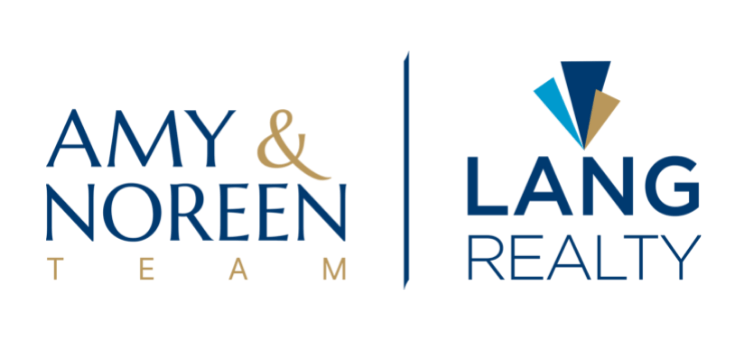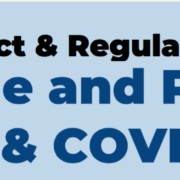COVID-19 Personal Financial FAQ’s for Homebuyer’s
1. My company’s offices are closed, and I am having a hard time providing my final verification of employment within the 10 days prior to loan closing.
FHA and RHS are allowing verbal verification of employment. Specifically, your employer can provide this by phone. RHS is also allowing email verification. If you cannot get either of these, the lender will require higher reserves to cover risk.
Fannie Mae and Freddie Mac will allow verbal verification when available and an email verification under certain conditions. They have also made other forms of temporary verification available in order to help with verification while social distancing
2.My lender indicated that the IRS has shut down and they cannot process loans without an income verification document that only the IRS can generate. Is this true?
Luckily, there is precedence for an IRS shutdown based on several recent government shutdowns. Some lenders may require this document, but Fannie Mae, Freddie Mac, and FHA do not so this is a lender overlay.
Fannie and Freddie both issued guidance in January 2019 following the previous government shutdown to note that they do not require the 4506T IRS tax transcripts at closing. Rather, they only require a request for the document be signed by the borrower. However, they do require the tax transcript be submitted as part of their post-closing review. NAR has asked both Fannie and Freddie to clarify and publish updated guidance given the unique challenges posed by COVID-19.
Furthermore, the IRS reopened this facility during the shutdown as it was deemed essential. We have reached out to the IRS on this point.
- I have heard that the FHA, Fannie Mae, and Freddie Mac have raised rates and fees on borrowers with lower credit scores or smaller down payments?
These claims are not true. To date, neither the FHA nor Fannie Mae and Freddie Mac have made any changes to credit scoring or down payment requirements. The only change they have made for borrowers is to allow MORE flexibility in how a lender can verify employment.
However, some individual lenders are adding their own, higher standards on these products. The rational is that the cost of servicing these loans has surged due to the widespread forbearance that is taxing servicers’ resources. Under forbearance, the servicer must continue to pay PITI to the investor, but the sheer volume of forbearance to deal with the COVID-19 response is unprecedented. Since lower-credit borrowers are more likely to take forbearance and servicing is harder to get, lenders are less willing to extend this credit regardless of the FHA or GSEs’ standards.
NAR sent a letter to the Treasury, Federal Reserve, and the Federal Housing Finance Agency requesting help for servicers dealing with the unprecedented demands on funds due to broad forbearance requests. Improving servicing is one key to improving the flow of funds to borrowers and homeowners.
Ginnie Mae has announced the creation of a new program, that should help alleviate lender concerns and improve access to mortgage financing. The program will provide cover for lenders by advancing them the money so they can make the required pass- through payments to investors during the forbearance period.










